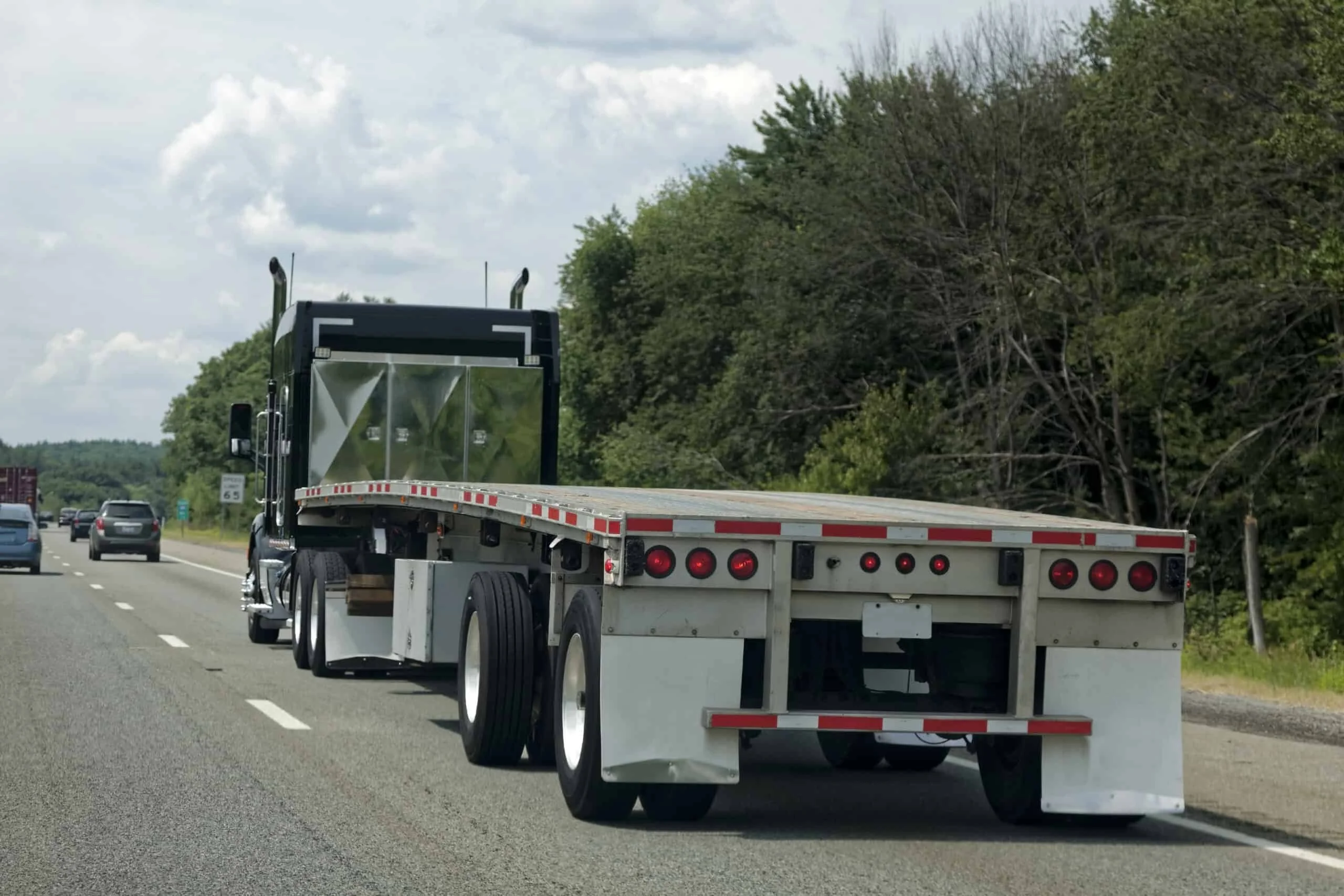What is Volume LTL Freight?
If you frequently transport sizable LTL freight loads, you might want to explore the option of volume LTL shipping. Volume LTL freight, which is the standard volume, represents a shipping method that falls between standard less-than-truckload (LTL) and full-truckload (FTL) shipments. Refer to this guide to ascertain if your shipment qualifies for LTL loads, and whether it can benefit your business.
Volume LTL shipping typically pertains to shipments that exceed the size and weight of freight volume of standard LTL loads but are smaller than full truckload (FTL) shipments. While different carriers may have varying criteria for defining volume LTL shipments (with some carriers not offering it at all), these shipments generally range from 6 to 24 pallets, occupying 12 to 32 linear feet of trailer space or weighing at least 5,000 pounds.

How Does Volume LTL Differ From Standard LTL Freight?
In standard volume LTL freight shipping, carriers pick up shipments from different shippers, transport them to a hub for sorting and consolidation, and then deliver them to hubs closer to their final destinations. Volume LTL shipping comes into play when there is unused capacity in trailers, allowing carriers to maximize capacity and prevent trucks from traveling empty, which can result in wasted fuel, labor, and time. This method is beneficial for shippers seeking cost-effective rates for larger shipments with the flexibility to wait for volume LTL capacity.
Pros and Cons of Volume LTL Shipping
Pros:
- Volume shipping doesn’t rely on the NMFC freight classification system, offering flexibility in rates.
- Rates for volume LTL shipments are still lower than TL, making it a cost-effective option for “large and last-minute shipments”.
- It provides a supplemental alternative to existing networks in the current shipping climate of tight capacities and frequent delays.
- Volume LTL shipping reduces handling and potential damage since shipments stay on the trailer for the entire journey.
Cons:
- Availability on short notice can lead to unpredictable time frames, transit times, and arrival dates.
- Some carriers may not offer the same accessorial services for volume shipments, affecting specific requirements like “liftgate services”.
- Cargo liability limits for volume LTL shipments are lower than standard LTL, making it unsuitable for “higher-value shipments with greater liability needs”.
When To Use Volume LTL Shipping?
Volume LTL shipping can be advantageous for both shippers and carriers. Shippers can save money on “larger, low-liability, and time-flexible shipments”, while carriers can utilize unused capacity efficiently. Given that carriers have different parameters for “volume LTL freight”, it’s essential to consult your freight provider and compare carriers to determine if volume LTL shipping aligns with your business needs.
Conclusion
So, LTL meaning refers to ‘Less Than Truckload,’ denoting shipments that don’t require a full truck, while LTL freight specifically elucidates the concept of transporting smaller loads efficiently within a shared truck space. For businesses seeking a reliable partner in volume LTL shipping, LAX Freight stands out as a perfect solution.
With a proven track record of efficiently managing sizable LTL freight loads, LAX Freight offers tailored solutions to optimize your shipping processes. Our expertise in navigating the intricacies of volume LTL shipments, coupled with a commitment to cost-effectiveness and timely delivery, makes them a valuable ally in the logistics landscape. By leveraging the capabilities of LAX Freight, you can ensure that your larger, low-liability shipments are handled with precision and efficiency, providing a strategic advantage in today’s competitive market.
Contact us to explore the benefits of partnering with LAX Freight to unlock streamlined volume LTL shipping solutions that align seamlessly with your business needs.



